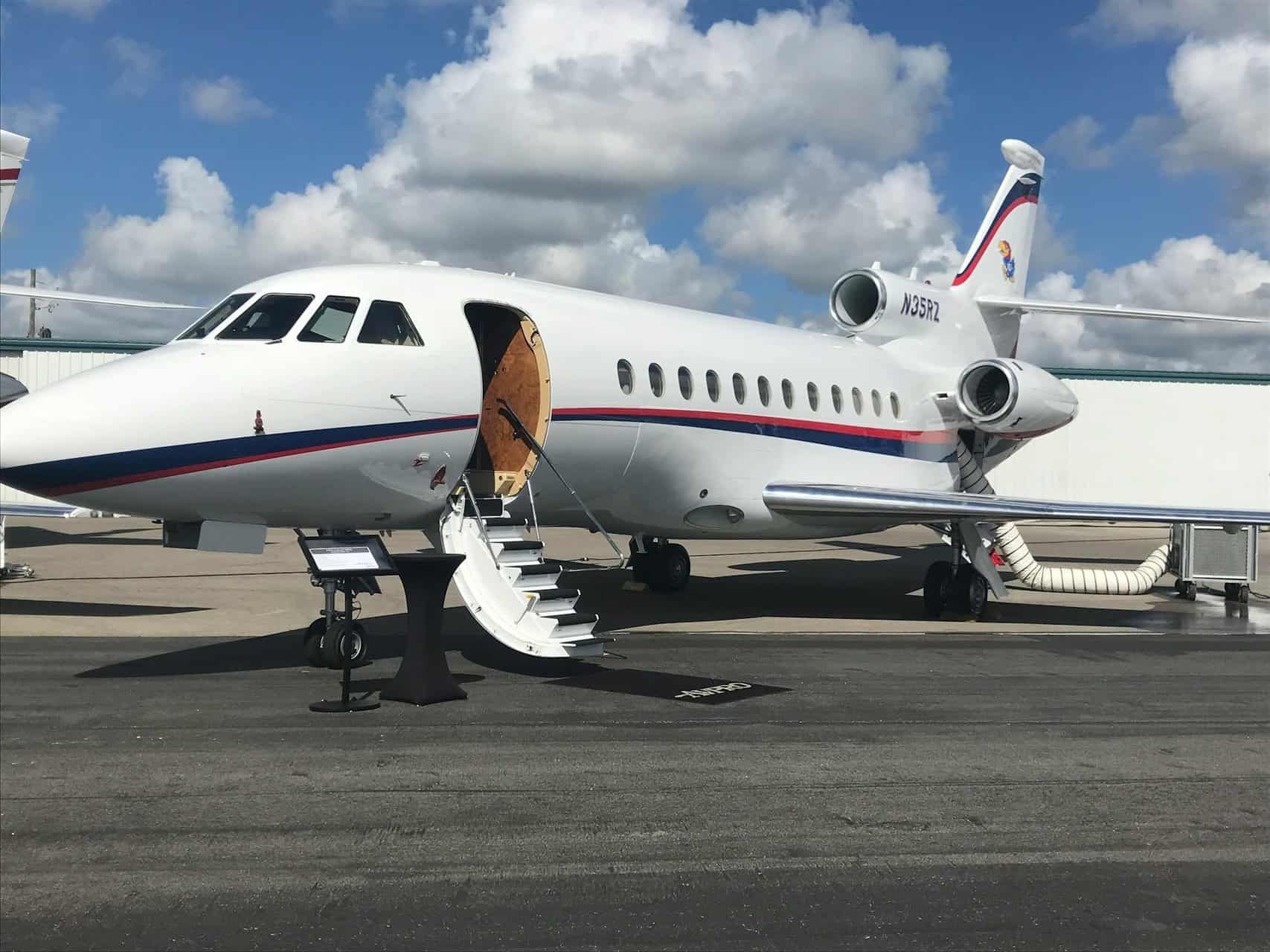In the aviation industry, where profit margins are slim and operational excellence is critical, flight planning, buffer time, and fuel management are key to improving operational efficiency. These elements, when effectively managed, can significantly reduce costs, enhance reliability, and decrease the environmental impact. This approach distinguishes successful airlines in the competitive aviation market.
By focusing on these areas, aviation operators can navigate the complexities of the industry more effectively, meeting and surpassing the expectations of passengers and regulators, and securing a strong position in the market.
Mastering Flight Planning for Efficiency
Flight planning stands as the strategic cornerstone of aviation operations, embodying a complex process that ensures flights are conducted safely, efficiently, and in compliance with all regulatory requirements. At its essence, flight planning involves the meticulous preparation and execution of a flight path from departure to arrival, taking into consideration a myriad of factors that influence the flight’s overall efficiency and safety.
This critical process involves:
- Route Selection: Choosing the most efficient path, considering weather, airspace restrictions, and fuel use.
- Fuel Calculation: Determining the optimal fuel load, including reserves for emergencies and diversions, to balance safety with efficiency.
- Weather Analysis: Using forecasts to avoid adverse conditions and optimise routes.
- Regulatory Compliance: Adhering to international and national rules, securing necessary permissions, and planning for contingencies.
Effective flight planning reduces costs, minimises environmental impact, and improves reliability. Advances in technology have transformed this process, enabling dynamic adjustments to enhance operational efficiency. In essence, flight planning combines strategic analysis and proactive management to optimise every aspect of a flight’s operation.
Innovating with Buffer Time for Reliability
The aviation sector is notorious for its unpredictability, with potential delays, ground handling inefficiencies, and weather disruptions being perennial challenges. Buffer time is essentially a strategic allocation of extra time inserted into schedules to absorb the impact of such unforeseen delays and disruptions. It acts as a cushion, allowing for the accommodation of operational variances without compromising the overall timetable or passenger convenience. By building in buffer time between flights, airlines can maintain schedule integrity, ensuring that the domino effect of delays does not disrupt the entire day’s operations. This strategy is vital not only for enhancing punctuality but also for improving the overall passenger experience by reducing the stress and inconvenience associated with tight connections and rushed transfers.
Maintaining schedule flexibility is equally important. Adjustments based on real-time data and emerging situations—such as rerouting flights, swapping aircraft, or adjusting ground handling procedures—ensure smooth operations despite unforeseen challenges. This flexibility allows airlines to dynamically optimise their operations in response to changing conditions, not just as a reaction to problems but as a proactive measure to maintain efficiency and customer satisfaction.
Elevating Fuel Management to New Heights
Fuel management is a pivotal element of flight operations, impacting both an airline’s environmental footprint and its financial health. Beyond merely filling the tanks, it entails sophisticated strategies for optimising fuel consumption, including choosing the optimal cruising altitude, managing engine thrust, and devising efficient flight paths. In an era where fuel costs loom large over airline expenses, these practices are indispensable.
Incorporating advanced aircraft designs that boast superior aerodynamics, adopting weight reduction strategies, and utilising sustainable aviation fuels (SAF) are all part of a broader move to lessen reliance on traditional fossil fuels. These concerted efforts not only foster significant cost savings but also propel the aviation sector towards its environmental objectives, marrying operational efficiency with sustainability.
The multifaceted importance of fuel management encompasses a range of critical aspects:
- Safety: Proper fuel management is essential for reducing the risk of fuel exhaustion, ensuring there’s enough fuel to safely reach the destination and any alternates. It also optimises aircraft weight, enhancing takeoff, landing performance, and safety margins.
- Cost Efficiency: With fuel being a major operating expense for airlines, minimising consumption directly affects the bottom line. It also leads to reduced maintenance costs, as optimally loaded aircraft exert less stress on engines and airframes.
- Environmental Impact: Efficient fuel use translates to lower emissions, aligning with global efforts to mitigate the environmental impact of air travel and helping airlines meet stringent emissions regulations.
- Operational Efficiency: Accurate fuel planning supports on-time performance and provides flexibility for handling unexpected events, ensuring flights can adapt to disruptions while maintaining smooth operations.
Effective fuel management is thus critical for ensuring safety, achieving cost efficiency, reducing environmental impact, and enhancing operational reliability. It’s a comprehensive approach that supports the aviation industry’s drive towards more sustainable and efficient flight operations.
Synergising Strategies for Optimal Outcomes
The integration of advanced flight planning, strategic use of buffer time, and proactive fuel management creates a powerful synergy that drives operational efficiency. These strategies, when employed together, enable airlines to navigate the complexities of modern aviation, responding dynamically to operational challenges while minimising costs and environmental impact.
This holistic approach to aviation operations underscores the industry’s adaptability and commitment to continuous improvement.
As airlines and service providers look to the future, the principles of efficient flight planning, buffer time management, and innovative fuel strategies will remain central to achieving excellence in operations, sustainability, and customer service.
For tailored solutions that enhance your operational efficiency through expert flight planning, buffer time management, and fuel management strategies, contact us at Flightworx and discover how we can support your aviation needs and propel your operations to new heights. Let’s navigate the complexities of the aviation industry together, ensuring your success in the competitive skies.
CONTACT OUR TEAM TODAY
If you are struggling with flight support or any of its complexities, feel free to contact our team today for more information.
Aviation News
Aviation Guides
- What is Sustainable Aviation Fuel?
- A Short Guide to FBO’s – the Dos and Dont’s
- Current Risks to Aviation
- How Air Cargo is Revolutionising the Global Economy
- The Cost To Operate A Private Jet
- Infrastructure For Sustainable Aviation Fuel
- Why There Is A Need To Improve Aviation Industry
- Emergency Flight Charter
- Diplomatic Flight Operations




